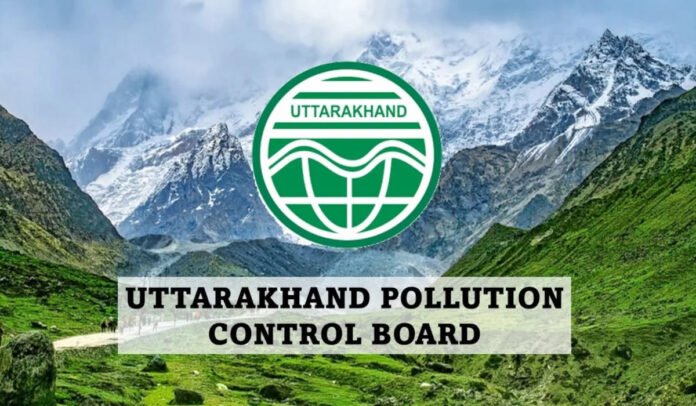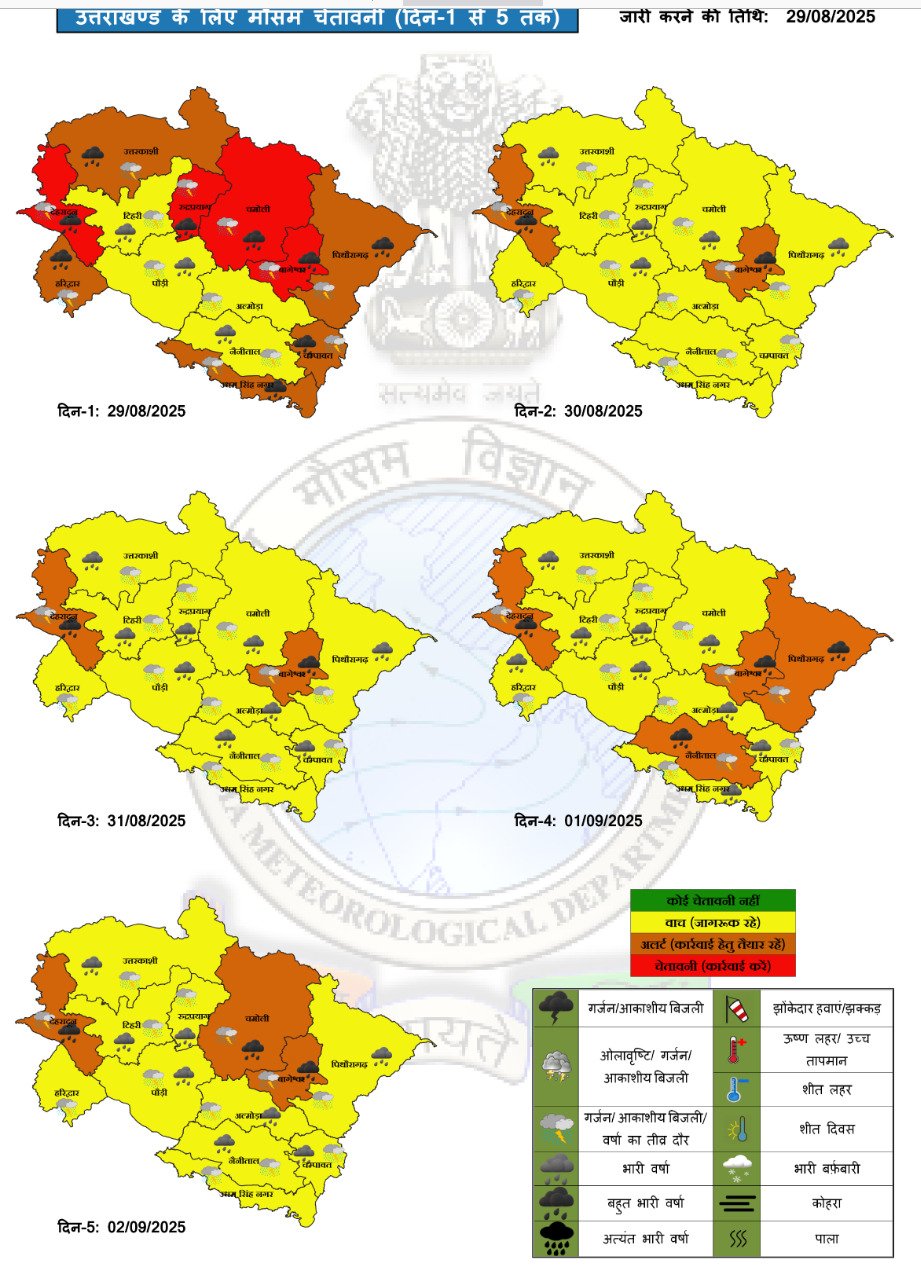A recent Right to Information (RTI) query has revealed a critical and alarming staff shortage at the Uttarakhand Pollution Control Board (UKPCB), raising serious questions about the state’s ability to protect its fragile and ecologically sensitive environment. According to the information obtained by a Noida-based activist, the UKPCB is currently operating with just 48 employees against a sanctioned strength of 130, representing a massive shortfall of nearly 63 per cent. This significant gap in human resources is most acutely felt in the field, where regional offices responsible for monitoring vast and sensitive areas are severely understaffed, compromising their capacity for effective regulation.
The data reveals that regional offices in key areas, including Dehradun (which also covers Kedarnath), Kashipur (monitoring the Terai and industrial zones), Roorkee (overseeing the industrial belt in Garhwal), and Haldwani (responsible for the Kumaon region), have only two staff members each. This glaring deficiency has a direct and detrimental impact on the board’s core functions, which include monitoring environmental data, enforcing pollution norms, and responding to violations. The UKPCB’s mandate is crucial for a state like Uttarakhand, which is home to the source of several major rivers, sensitive forest ecosystems, and sacred pilgrimage sites that draw millions of visitors annually.



























